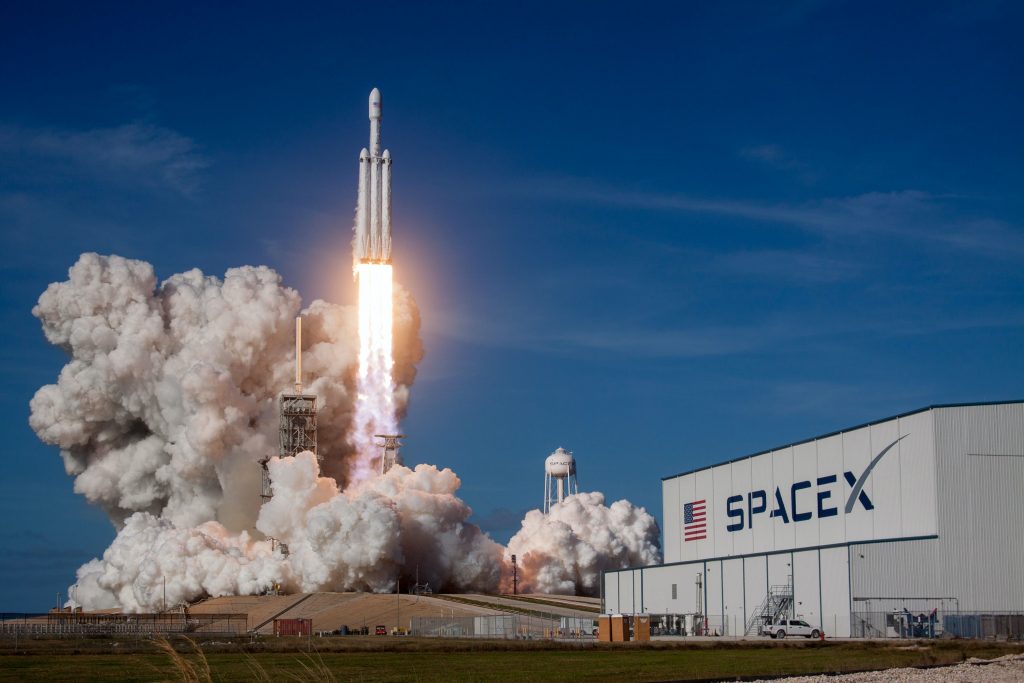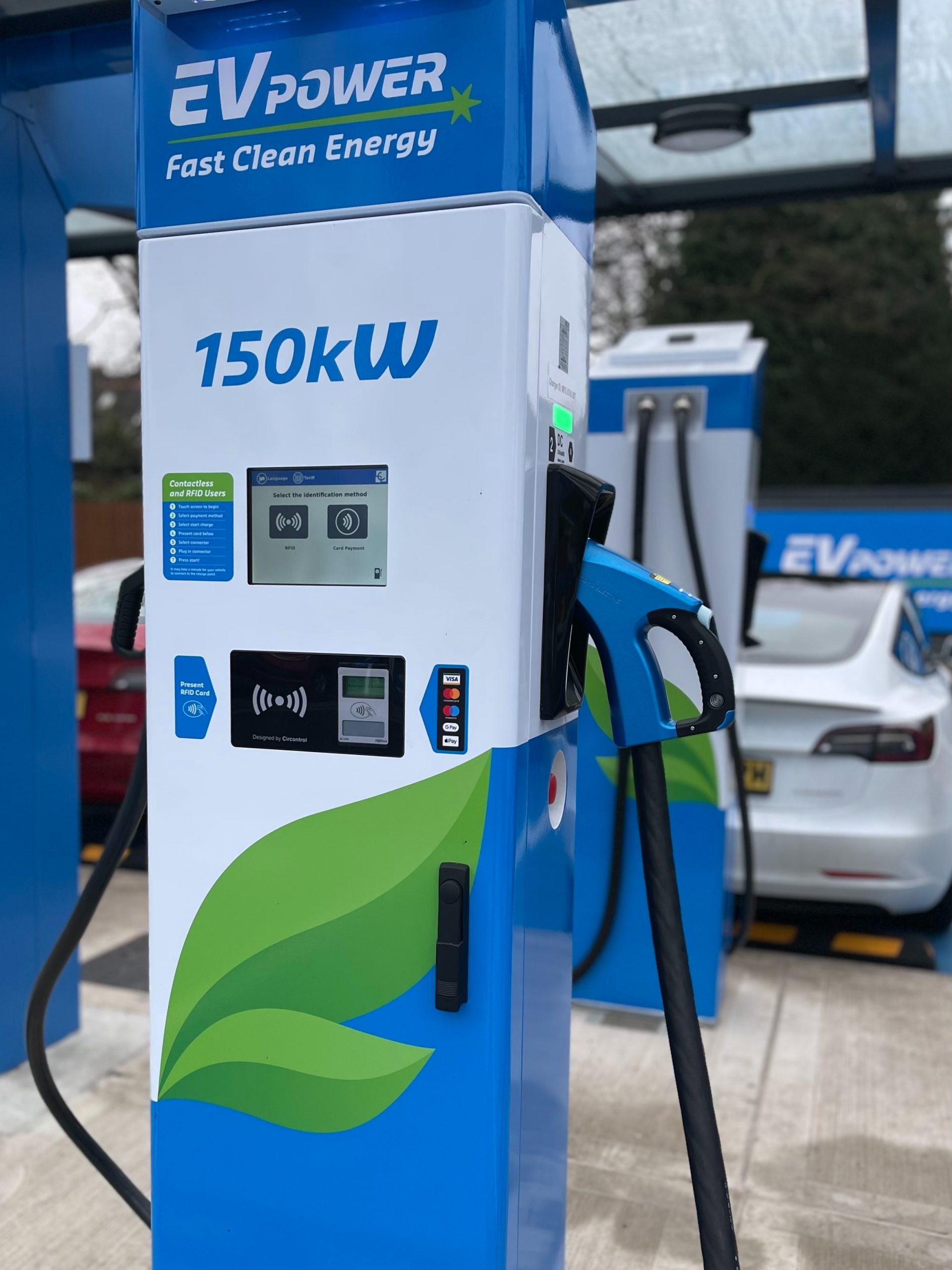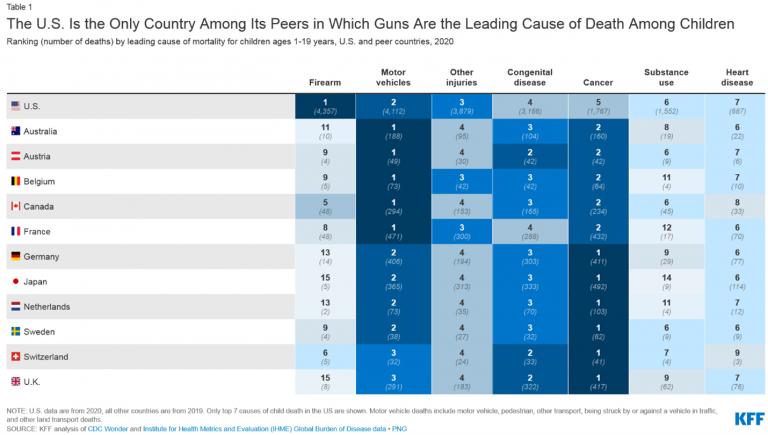To the Moon and Back

Two companies, Lunar Outpost and AstroForge, just received a combined $25 million to develop technologies for off-Earth mining. Lunar Outpost is developing lunar rovers to retrieve minerals from the Moon. AstroForge is looking to mine elements from near-earth asteroids. The companies are looking to mine valuable elements such as platinum, cobalt, and lithium. If successful, this would increase the supply of these elements, which are widely considered to be necessary for renewable energy and are used in other technologies such as cell phones and automobiles.
AstroForge claims that mining off-Earth would do a great benefit to prevent environmental damage to areas of earth where these elements are currently mined, and increase the wealth of the planet. The key to success for these companies, however, is whether they can return a sufficient quantity of these minerals to offset the cost of launching their equipment into space. Platinum, for example, is currently trading at around $33,000 per kilogram. A SpaceX rocket launch, which these companies will use to move their equipment, costs $62 million. Thus, just to break even on transportation costs, the companies would need to return just under 2000kg of platinum, and much more of less expensive minerals. Unless they can achieve that, their companies have little hope of getting off the ground…or, planet.
Our Related Post: Moon Mining
Discussion Questions:
- Assume Earthlings produce 2 goods: food and minerals. Use a Production Possibilities Model to demonstrate how space mining affects Earth’s production capabilities.
- What are some possible externalities (positive or negative) that might be associated with space mining?
- Historically, space exploration has been primarily by government agencies, such as NASA. Discuss how privatization of the space industry changes the incentives for innovation.
Sources| Lunar Outpost; AstroForge; Space News: Startups raise millions for lunar rovers and asteroid mining; Axios: AstroForge raises $13m to mine asteroids; BullionVault: Platinum Price Live Chart; NBC News: To cheaply go: How falling launch costs fueled a thriving economy in orbit; Unsplash: SpaceX Falcon Heavy Demo Mission













